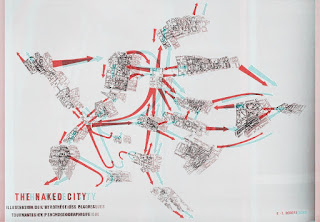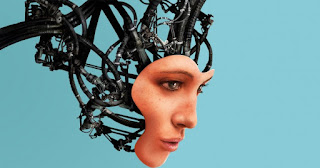Experimenting with “Situations”
Situationism calls attention to the priority of real life, real live activity, which continually experiments and corrects itself, instead of just constantly reiterating a few supposedly eternal truths like the ideologies of Trotskyism, Leninism, or Maoism. Static ideologies, however true they may be, tend, like everything else in capitalist society, to rigidify and become fetishised, just one more thing to passively consume.
Partly as a result of this, Situationist ideas are notoriously difficult to explain, and open to a wide degree of interpretation. However, a few facts can be stated. Most introductions to the Situationists focus on their cultural ideas, particularly in relation to detournement (subverting elements of popular culture) but the roots of Situationist ideas are in Marxism. Libertarian Marxism, closer to anarchism than authoritarian strands of traditional Marxism, with the central idea that workers are systematically exploited in capitalism and that they should organise and take control of the means of production and organise society on the basis of democratic workers' councils.
The Situationists were the first revolutionary group to analyse capitalism in its current consumerist spectacle form. The Situationists argued that increased material wealth of workers was not enough to stop class struggle and ensure capitalism’s perpetual existence, as many on the left argued at the time, since authentic human desires would be always in conflict with alienating capitalist consumerist spectacle society. Situationist tactics included attempting to create “situations” where humans would interact together as people, not mediated by commodities. They saw in moments of true community the possibility of a future, joyful and un-alienated society.




Comments
Post a Comment